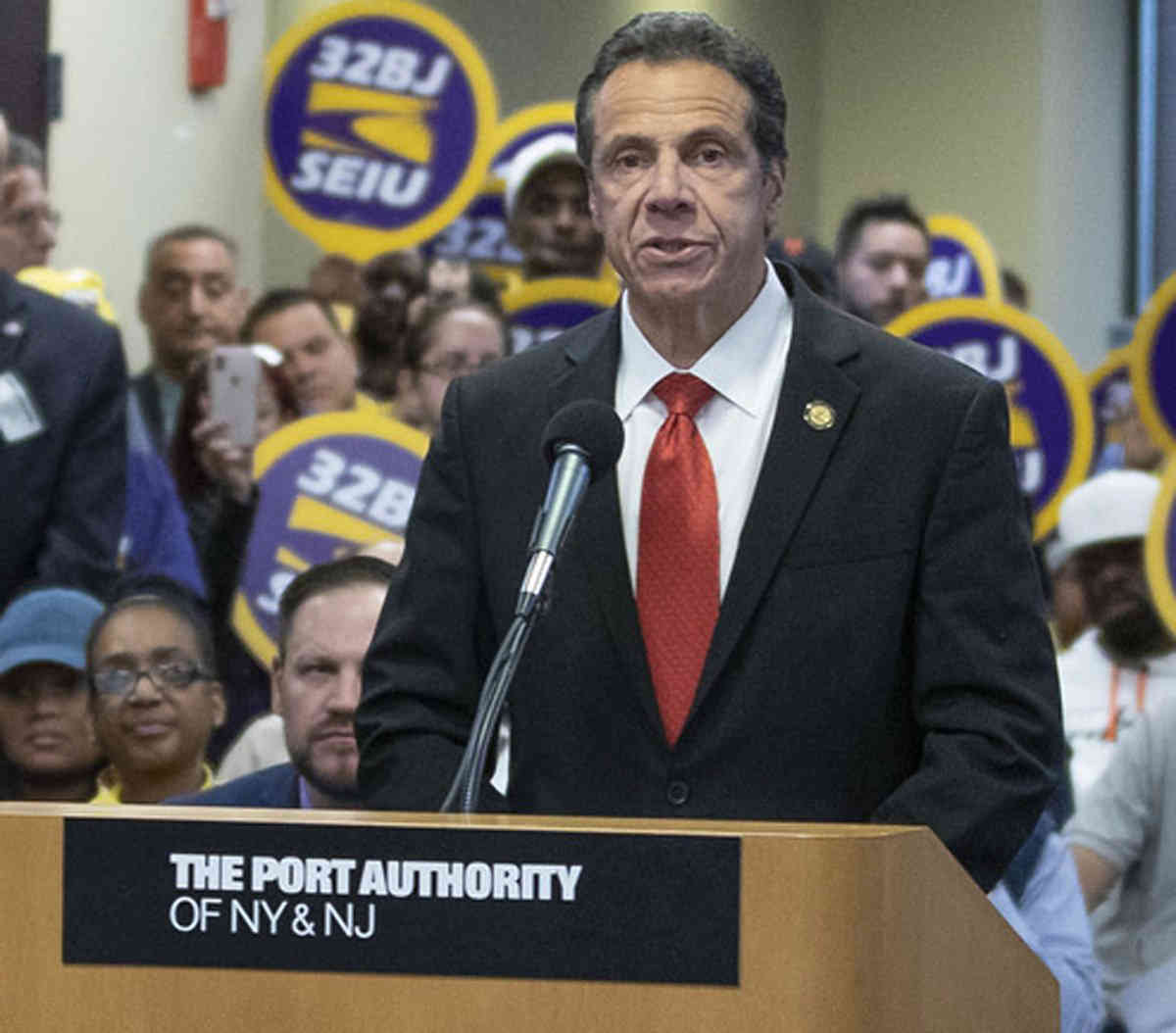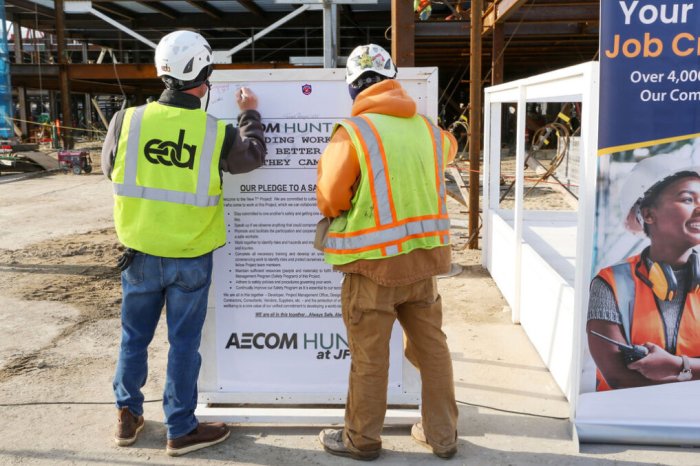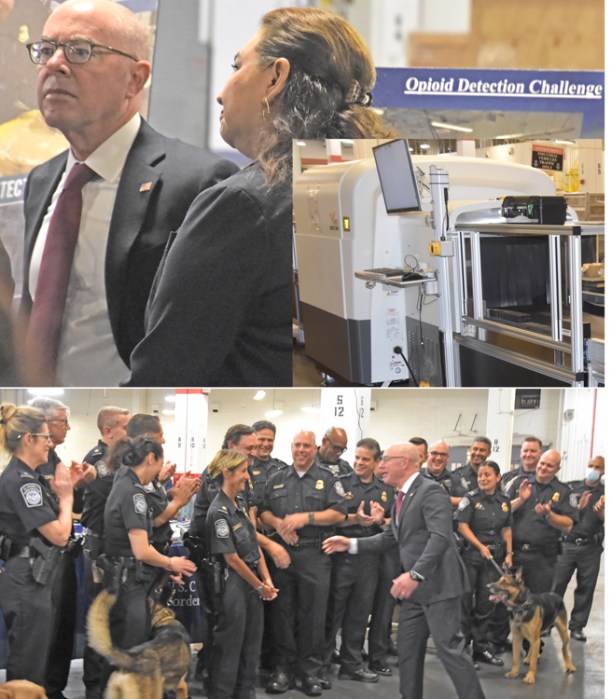The Port Authority voted on September 27 to pass the proposed airport minimum wage supported by New York and New Jersey Governors. The conference room where the announcement made Governor Cuomo was filled with labor union members and Port Authority management. 32BJ SEIU members waved union signs in celebration of the long awaited passage.
“While Washington does everything it can to chop away at workers’ rights, New York continues to lead the way forward by raising the minimum wage to $15 and fighting to ensure airport workers earn a decent living,” New York Governor Andrew Cuomo said. “This campaign is about respect and paying a fair living wage for honest work in an industry that depends on its employees to safely operate some of the most important public facilities in our nation – our airports. In New York, we stand with workers and we will always serve as a beacon of progress and opportunity for all.”
“This is a historic victory for the thousands of airport workers who in 2011, tired of working for poverty wages, spearheaded one of the nation’s most successful union organizing campaigns for respect, fair pay and union rights,” said Hector Figueroa, President of 32BJ SEIU. “This will be the highest minimum wage in the country and this unprecedented win is a result of airport workers coming together to fight for their rights throughout the years. It is that persistence that is now helping working families in the region build a foundation in the middle class.”
Under the new policy, workers at Newark would see their wages increase from the current $10.45 to $12.45 as of November 1, 2018 and to $15.60 by September 1, 2019 — at which point they would be equal to the wages of workers at JFK and LaGuardia. Workers at the two New York airports currently earn a minimum wage of $13 in line with New York State’s minimum wage law, sponsored by Governor Cuomo in 2016. The wages at JFK and LaGuardia airports would rise to $13.60 on November 1, 2018. New York’s minimum wage goes to $15 on January 1, 2019. Thereafter, the minimum wage of all airport workers would increase in parallel to $15.60 on September 1, 2019 to $16.20 in 2020, to $17 in 2021, to $18 in 2022 and to $19 in 2023.
Back in March Cuomo said: “New York proudly set an example for the nation by raising the minimum wage to $15, with Port Authority’s approval of proposed minimum wage increase for thousands of airport workers.
The Port had planned to take a final vote in June to set the minimum hourly salary for airport workers in New York and New Jersey at $19 in September 2023 — with full support from both states’ governors.
The proposal was to raise minimum wage for all airport workers at JFK, LaGuardia, and Newark Liberty to $19-a-hour by 2023.
The Port Authority has felt that the minimum wage actions will help reduce employee turnover, while increasing workers’ job performance and creating a more stable workforce that will allow for an enhanced focus on safety and security.
Dozens of airport workers jammed the Board of Commissioners monthly meeting giving testimony how great the raise would be. Many of the minimum wage earners hold two jobs to make ends meet they said. Others were happy to be able to afford the necessities they need such as rent and food for their families not being able to under the current minimum wage.
But not all at airport businesses were happy with the proposed raises. Some large contractors at the airport feel that this increase would severely hurt profits and the ability to continue to do business as one food vendor said. One contractor who declined to be named said that it was very difficult to get the airlines to help foot the increase and were pushing back although it was stated by one seasoned airport executive that it is written into the terminal contracts that these are legitimate pass a longs.
Airlines for America, a trade group, wrote in a letter that it “strongly opposes” the Port Authority’s plan of staggered raises. The organization argued that the bi-state agency “lacks the legal authority to regulate wages of third parties,” and any effort to do so would be trumped by federal law.
When challenged as to the legitimacy of the Port to initiate such a wage increase, the Port set another extended comment period and used the time to consult with its legal counsel as well as use that time to analyze other issues raised about tipped workers, benefits, prices on retail goods sold at airports and small employers that operate in them.

































